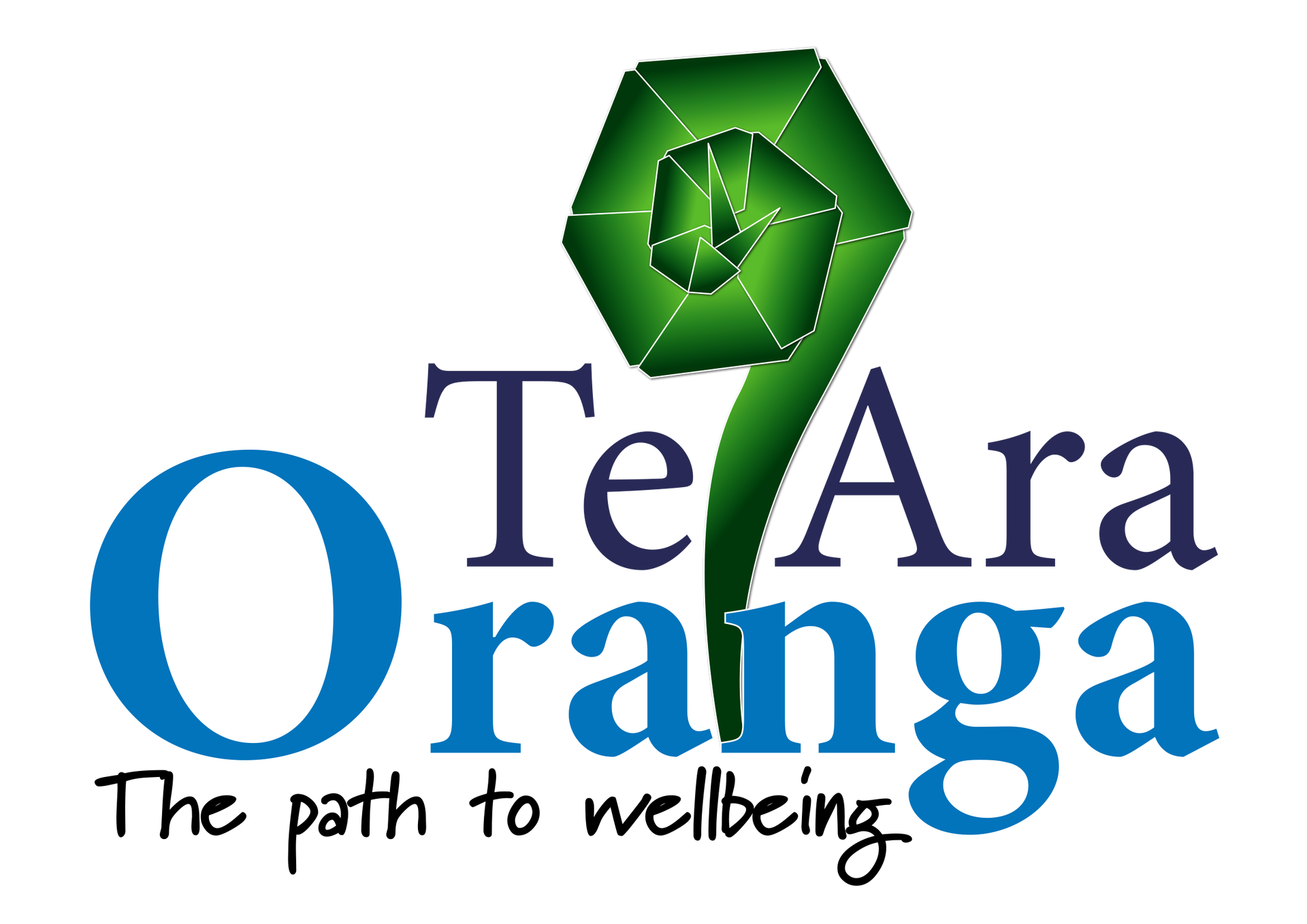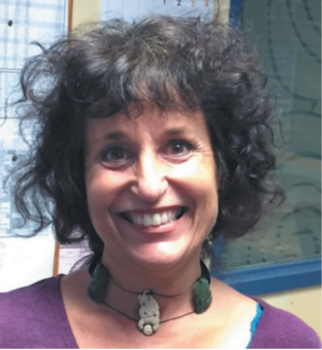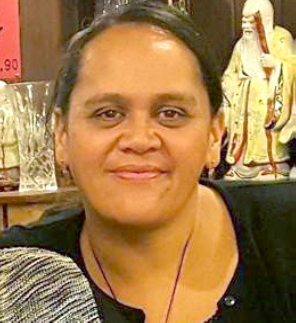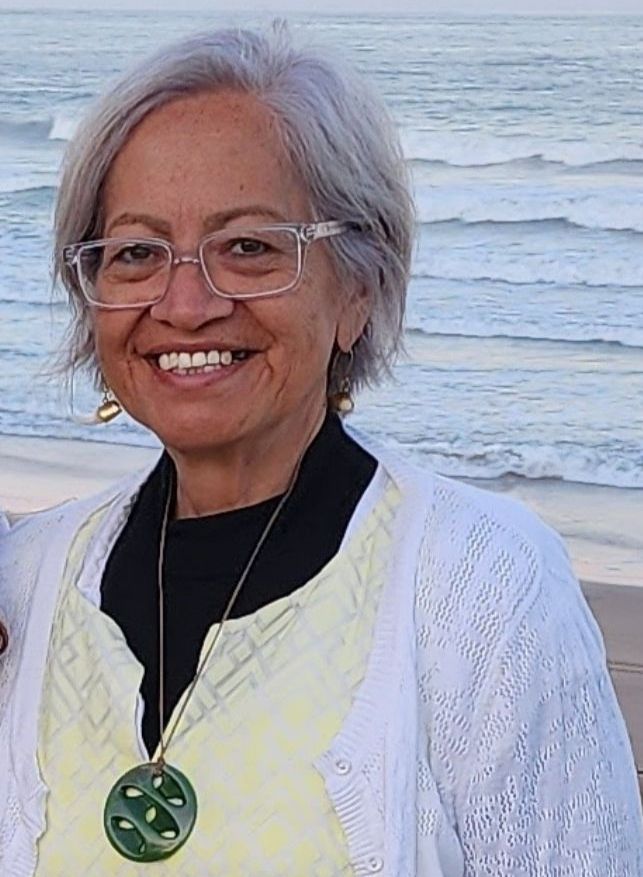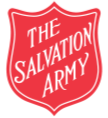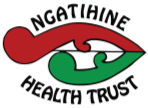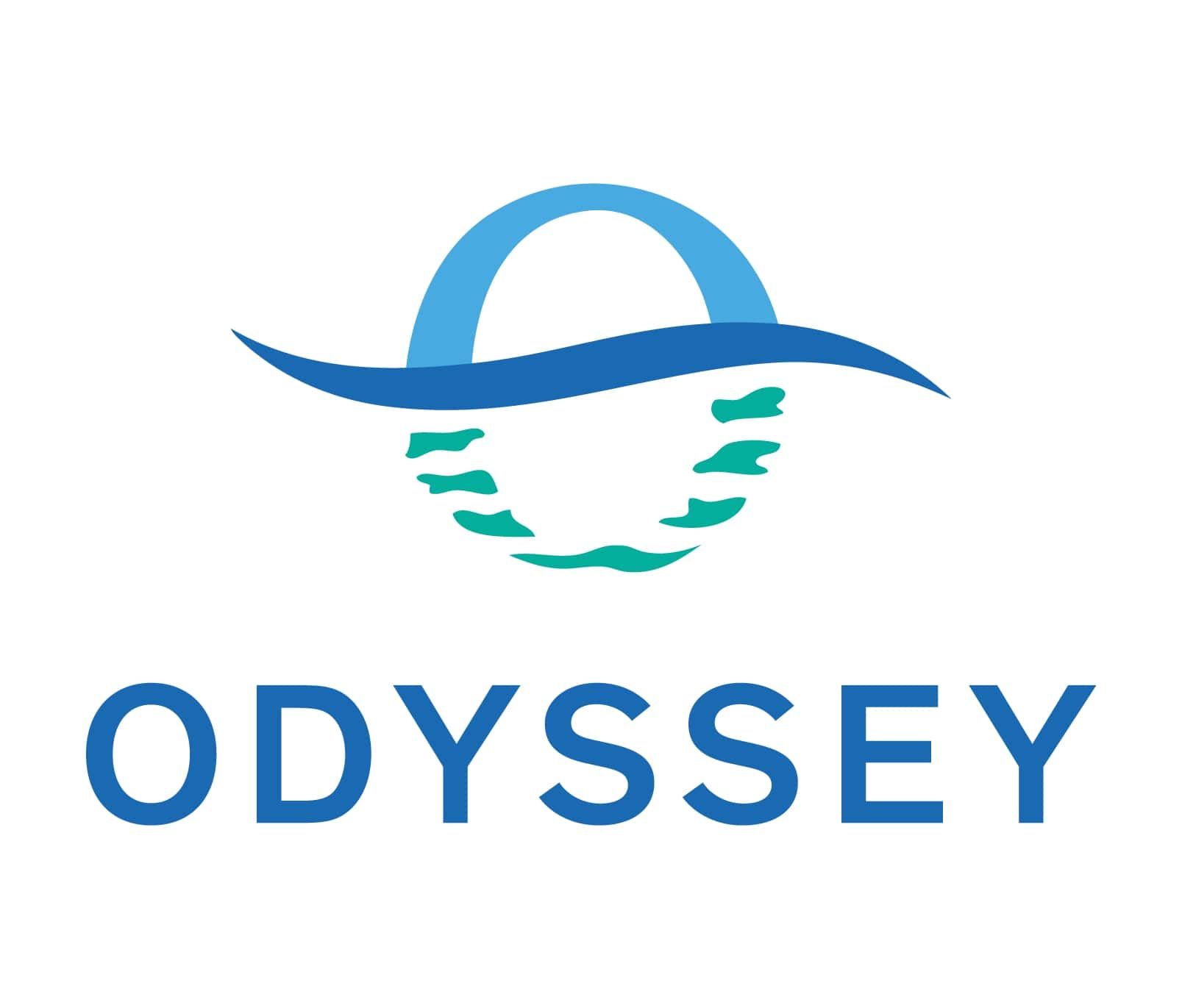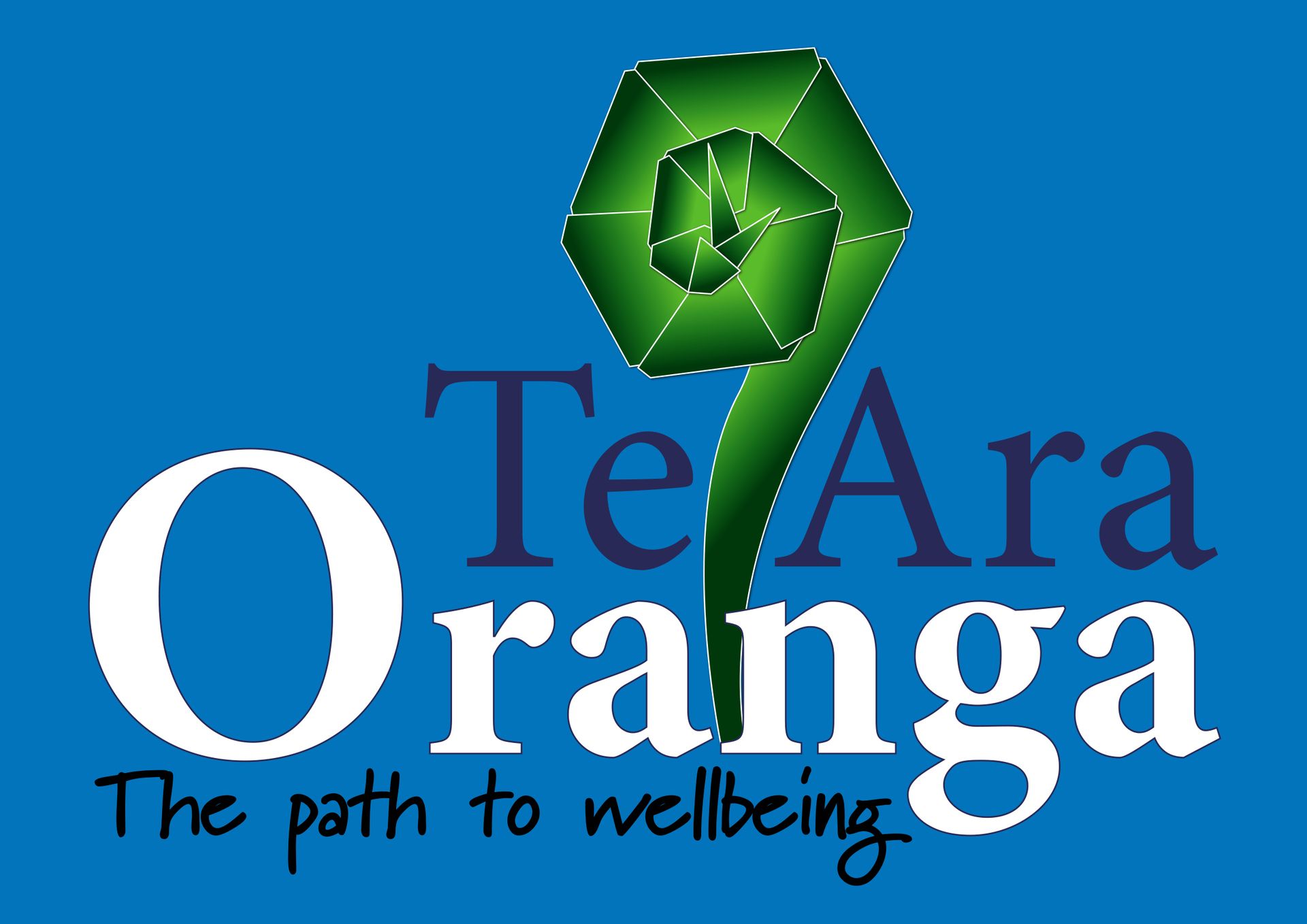Te Ara Oranga Pilot
Establishing Te Ara Oranga
Te Ara Oranga was governed by Executive Sponsors Dr Nick Chamberlain and NZ Police Assistant Commissioner Richard Chambers who was represented by Superintendent Commander Russell Le Prou.
Dr Chamberlain was the Chief Executive of Northland DHB with a long history of supporting addiction treatment in Northland. He worked in the Drug and Alcohol Addiction field for 14 years, 11 of these years as a GP. In 2017 the DHB launched the He Tupua Wai-Ora service, which sees multiple agencies actively engaging with individuals and their families who have alcohol and drug problems, to enable healthy, nurturing and safe environments for their children.
Superintendent Russell Le Prou, a Police Officer for 33 years and was at that time the District Commander for Northland Police. Recognising the increasing social effects that methamphetamine abuse is having on our communities, Russell was keen to make a positive change by impacting supply of methamphetamine and focusing on addiction treatment.
Dr Chamberlain and Superintendent Russell Le Prou used to co-chair the social wellbeing governance group, a government social sector collaborative group that has responded to youth suicide and family harm.
The Project Board was co-chaired by Northland DHB Mental Health & Addiction Services General Manager Ian McKenzie. Before the project began Mental Health & Addiction leaders met with the Kaunihera Kaumātua (led by Kaumātua Rob Sarich) to explain the vision of the project. This meeting set the platform for the project. The Kaunihera Kaumātua provided encouragement, support and the mandate for the work.
NZ Police
Team
- Inspector Dean Robinson, District Prevention Manager Northland Police
- Detective Senior Sergeant Mike Varnam Police National Headquarters
Northland Police were allocated $1m to fund an additional team of eight full time equivalent staff in Northland. The positions were advertised nationally with a start date of mid-late July 2017. The Police team is part of the Northland Police District Prevention Group and comprises of Investigators and Constables who will be working to prevent and reduce the supply and harm created by drugs, specifically methamphetamine in Northland communities. They will be focused on high end suppliers and users of methamphetamine which will involve referring problematic users to the DHB to receive access to treatment.
Northland DHB
Screening, Brief Intervention and Referrer to Treatment (SBIRT)
Team
- Mandi Cross
- Maurein Betts (Manaia Health PHO)
- Margaret Dreadon (ED Rep)
- Murray Patton (Clinical Director)
- Mare Clarke (Cultural Advisor)
- Bronwen Wood (AOD Rep)
- Consumer Representatives
This team established pathways for screening, brief and early intervention and referral to treatment within the General Practice and Emergency Department settings. Referral pathways include the Alcohol Drug Helpline, Meth Help team and local Alcohol and other Drug service providers.
In June 2017 a 24/7 SBIRT trial took place within the Whangārei Emergency Department. The trial included medical students screening patients for alcohol and drug use and offering a referral to support or treatment options. The data informed the prevalence of use, tested trail referral pathways and informed an intervention role within Whangārei Hospital Emergency Department.
Referral pathways and outcome measures have been developed with the Alcohol Drug Helpline and the Meth Help Team. The Meth Help Team is conducting on-going training to the Alcohol Drug Helpline to upskill staff regarding Methamphetamine. A brief and early intervention programme known as “Choice” has been developed with consumer’s feedback and outcome measures determined.
Once a month, one day a week, Choice is delivered in Whangārei, Mid North, Dargaville and Kaitaia for those with mild to moderate methamphetamine problems.
Screening and intervention tools for use in General Practice have been identified and have been scheduled for web development. GP’s will also be able to utilise Health Pathways to guide them on methamphetamine treatment options for clients and via Care Select refer people directly to addiction services. Northland DHB collaborated with a local sports club who undertook an initiative to make a stand against methamphetamine. Players were randomly drug tested and those who tested positive for methamphetamines were referred for treatment and support.
Treatment
Team
- Jenny Freedman
- Becki Priest
- Steven Staunton
- Sonya Porter-Auld
- Segina Te Ahuahu
- Jen Thomas
- Rachel Beech
The Treatment Subgroup project aims to improve access to treatment with a focus on engagement and retention to increase positive outcomes for people who use methamphetamines and their family/whānau. The project aims to reduce wait times and provide a comprehensive range of treatment options for people with methamphetamine use problems and disorders across the continuum of severity.
To reduce wait times, increase engagement with a population that is usually avoidant of treatment and work closely with whānau, the role of a Pou Whānau Connector was developed. The Pou Whānau Connector is not a clinical role and has expertise in Tikanga and whānau engagement with strong community links. There is a Pou Whānau Connector in Kaitaia, the Mid North, Kaipara and Whangārei. These roles are employed by contracted NGO and Iwi Alcohol and Drug Service providers.
Treatment is provided by existing Northland Alcohol and Drug services, based on the Matrix model.
Individuals and their family/whānau are offered 16 weeks of intensive community-based treatment with follow up as needed. It is recommended that people undertake treatment at least three days per week. Non-government organisations (NGO’s), Iwi Alcohol and Drug Treatment Providers and Northland DHB Mental Health and Addiction Services collaborate on a Model of Care in partnership with peer support groups. They also worked with NZ Police, NGOs and Primary Care on Referral Pathways.
Four additional full time Alcohol and Drug Practitioners were employed, one each in Kaitaia, the Mid North, Kaipara and Whangārei. This meant we could increase the provision of case management, random drug testing and group and individual treatment for Methamphetamine users and their whānau.
We increased the number of beds in our specialist detoxification unit Timatanga Hou at Dargaville Hospital.
Employment Works
There is good evidence that engagement in employment enhances people’s recovery. We trialled an employment support service attached to our Mental Health and Addiction Service Alcohol and Drug Team in Dargaville. Two new Employment Support worker positions we established. In order to ensure that the Model of Care is adhered to, the new services and pathways run smoothly, and reporting and evaluation measures are collected, a Clinical Coordinator was employed.
Professional Development and Education for health practitioners and service providers as well as for the community is important for the success of the new services. A Methamphetamine focussed Educator role was established and in addition, we developed an orientation manual for new staff and orientation activities with Northland DHB, NGOs, Iwi and NZ Police are delivered.
Community/Whānau Resources
- Pam Armstrong
- Liz Inch
- Community Reference Group
This team developed resources for whānau, and communities affected by methamphetamine. In February 2017, Te Ara Oranga’s Community and Whānau project manager Pam Armstrong facilitated a series of Hui at marae and community halls in Whangārei, Dargaville, Rawene, Kaikohe and Kaitaia. Feedback from the Hui was collated into the themes of Education, Advertising, Family, Govt Funding, Ideologies, Services, Tikanga.
We worked with more than 40 community champions to film a range of 1 min video clips for social media distribution.
- 25 x 1 min video tips for making change if you are using meth or other drugs
- 25 x 1 min video helpful hints if someone in your whānau is using meth We have also produced educational videos;
- ‘Meth cycle of abuse’ video with advice for families about which time during the cycle of abuse is the best time to connect with that person • Methamphetamine - Patu hoariri
All of these resources were provided to each community on a memory stick (20 memory sticks per community) and are available on our website for download.
